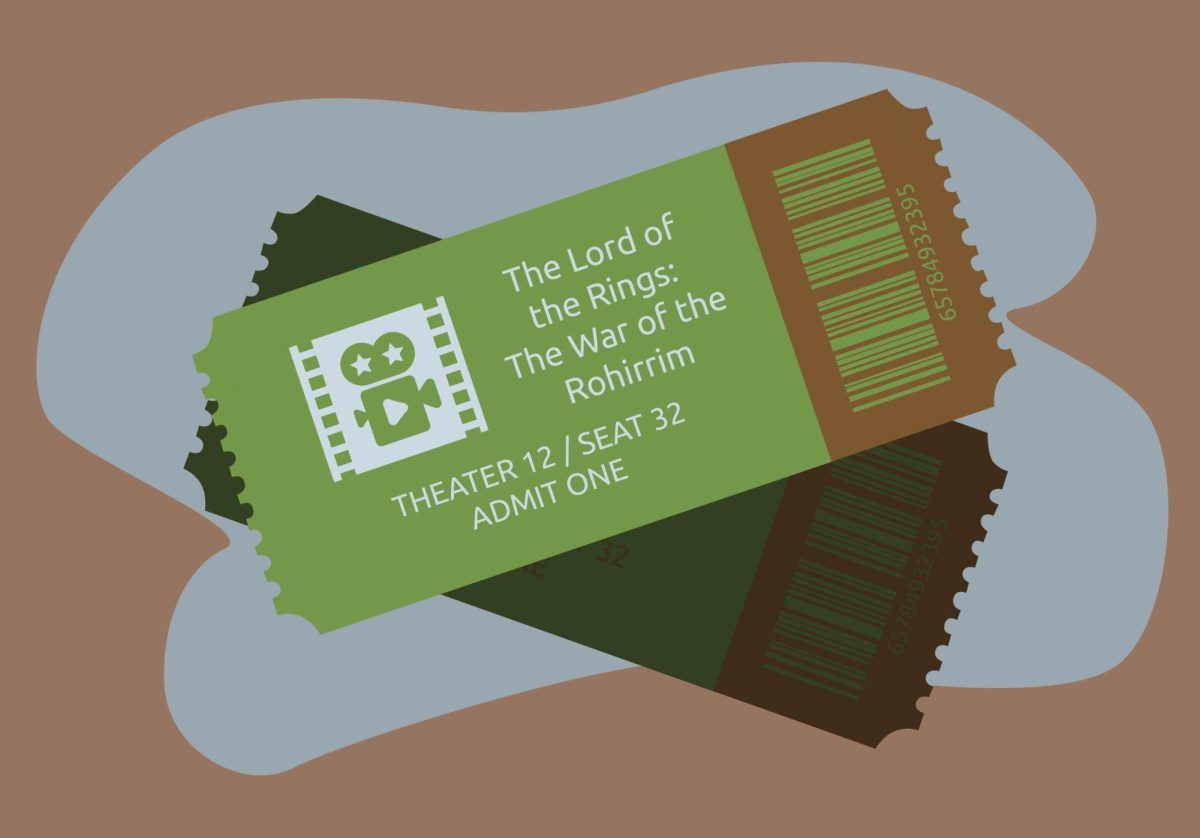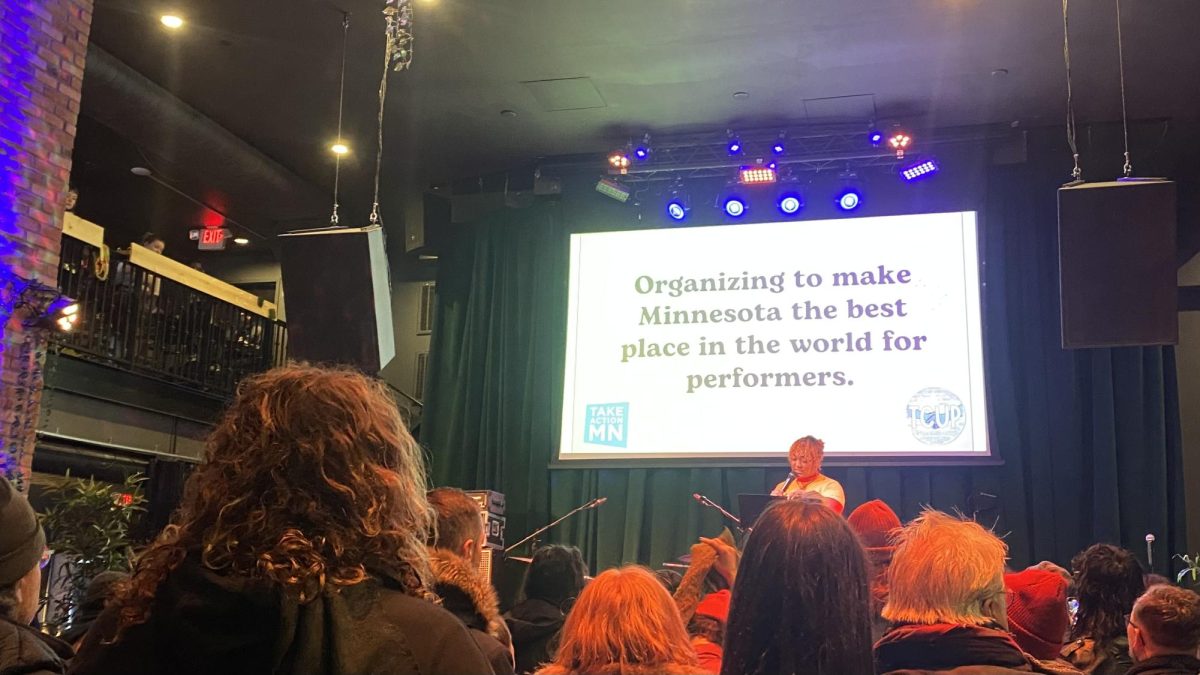As a character comedy, “Prime” works. But for whom does it work?
Looking around the theater before a screening of the film, I saw the answer: I was one of maybe a dozen people younger than 50.
And as the 100-minute run time ticked by, I realized I would have enjoyed this film more if I were a 50-year-old menopausal woman.
The film’s handlers seem to be in a dilemma as to whether to give away the plot, but I’ll save them the debate: Meryl Streep plays Lisa Metzger, the therapist of divorcée Rafi Gardet, played by Uma Thurman.
But one doesn’t hire Meryl Streep to play just the therapist. Metzger is also, predictably, the mother of 37-year-old Gardet’s new 23-year-old boyfriend.
The development sure surprised this audience. They voiced bewildered and enthusiastic astonishment when this inevitability was meticulously revealed on screen.
The film presents us with three generations of characters, but the majority of the humor is suited for Streep’s crowd. Of course, I understood and appreciated the humor of Streep listening to her client talk about her son’s penis during therapy – but I found it more “chuckling” than “rolling-in-the-aisles” funny, as many of the older sect in the theater did.
In truth, I’m closer to Thurman’s character in my life and career, and her anguish seems real as she sorts out what she’s doing in a relationship with a man 14 years her junior. I can’t directly relate to this (and at my age I would be an ex-con forbidden within 500 feet of schools and churches if I could). But the turmoil between a person who has her life figured out and one who is still figuring it out is genuine.
This hindsight perspective makes the film suited more for older audiences, even if its ultimate moral is targeted squarely at early twentysomethings.
It’s been my experience – both as a 23-year-old years ago and neighbor to university students – that they take themselves quite seriously. They don’t like to be told that they will be a different person, with perhaps a different career and relationship, in only a few years.
The film’s eventual message is exactly this, and Streep’s advice to her son is precisely what many young people need to hear: Sometimes it’s OK to love and learn, and then move on. But the film’s humor is so torn between motherly hilarity and youthful banter that it’s hard to tell if the whole product will resonate enough to get through to someone on this side of Social Security.
I’m not saying people in their 20s won’t enjoy “Prime,” but they might find themselves looking at a stereotypical version of their age bracket rather than at a true reflection.
Soul-searching and personal growth aside, not all young people are drifters struggling between chasing a dream and following the path handed down by their parents. Hollywood might enjoy capitalizing on this inevitable parent-child dynamic, but society’s “be yourself” campaigns have certainly had a few decades to render such tired plotlines obsolete.
That said, “Prime” is indeed entertaining, and the end focuses on the one character who otherwise seems to be an accessory throughout the film. But this focus appears geared toward those who have already been there and can remember it.
For your average twentysomething, it might feel like an unjust conclusion for the amount of work the characters and the audience endured in the film.
And yet, that’s life – a series of often-disappointing finishes to our most heartfelt endeavors. If you’re comfortable with that unerring reality, then you might appreciate what “Prime” is really about.







